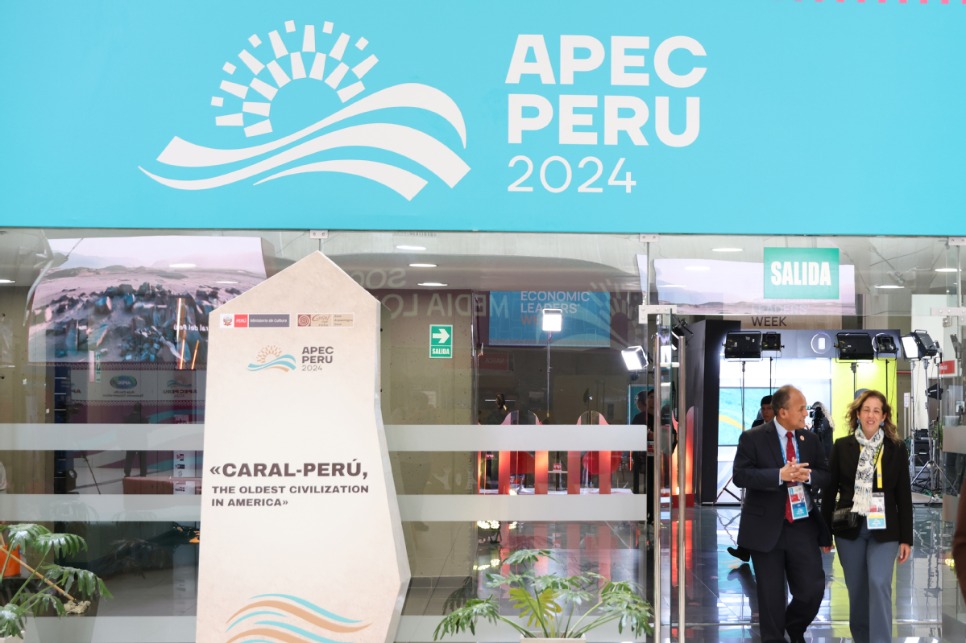Coordinated response
Joint studies can help Lancang-Mekong countries address the challenges posed to the river basin and its communities by climate change


Recent weather patterns deriving from climate change have rattled all the Mekong countries with blistering heat waves and flash floods.
Erratic hydrological phenomena in 2023 impacted the Mekong River, creating drought followed by intense rainfall and flooding across all Mekong countries. Cambodian Tonle Sap Lake's reverse flow remains low and short, affecting fisheries and livelihoods severely. For 2024, this pattern of blazing hot temperature and not enough rain continues to unfold, with dire consequences expected.
Regional solutions to mitigate climate induced vulnerabilities are needed more than ever.
According to the Mekong River Commission, climate change is considered a key issue, which threatens the Mekong River Basin and communities living on its embankments. The impacts of climate change adversely affect the livelihoods of the millions of people who rely on the river's natural resources. The countries of the Lower Mekong River Basin — Cambodia, Laos, Thailand and Vietnam — are all vulnerable to the effects of climate change on the river which in turn weaken mainland Southeast Asia's economic growth and harm the Mekong's ecosystems and threaten social and regional harmony.
The unprecedented extreme weather has shifted the focus of regional attention to the search for a more durable solution to address the perils of climate change.
The Lancang-Mekong Cooperation (LMC) mechanism and the Mekong River Commission (MRC) can take the lead in strengthening regional cooperation to better manage the transboundary water resources and effectively address the complex issue of climate-induced consequences, helping the Mekong region withstand the socioeconomic and environmental challenges. China welcomes stronger synergy between the MRC and LMC to better contribute to the well-being of people and the sustainable development in the subregion. China has been making joint efforts with the Mekong countries to further enhance cooperation in the utilization of water resources, flood mitigation and prevention and capacity building on water resource management.
To start with, the China-led LMC and the MRC can garner a regional commitment to alleviate the effects of climate change by encouraging the Great Mekong Subregion to adopt alternative renewable energy solutions, gradually moving away from the carbon emissions induced energy generation toward renewable energy-based electrification with the aim of attaining the goal of zero emissions by 2060. Focusing on renewable energy-based electrification would be good for the regional economy and help mitigate the effects of climate change in the long run. The LMC and MRC should hasten their collaboration to encourage Mekong countries to divert the use of fossil fuels in power generation, transportation, and home cooking, cooling and heating, replacing natural gas and coal-based power generation with renewable energy sources such as solar, wind and hydro.
An exemplary collaboration took place between the LMC and the MRC with the signing of a memorandum of understanding on Dec 19, 2019 by the MRC Secretariat's CEO and the secretary-general of the LMC Water Center, at the Ministerial Meeting of the Lancang-Mekong Water Resources Cooperation in Beijing in the attendance of the water and environment ministers of the six Lancang-Mekong countries.
The MoU entails the cooperation between China and the lower Mekong countries to ensure effective upper and lower Mekong River Basin management for future sustainability and shared benefits. The MoU committed both parties to work together for the joint management of the regional water resources over the five years from 2020, including experience sharing, data and information exchange, basin monitoring, joint assessment and study, knowledge management, and associated skill building and training.
A two-phase joint study by the MRC Secretariat and Lancang-Mekong Water Resources Cooperation Center (LMC Water Center) heralded a new dynamic in data and information exchange, basin-wide monitoring, and joint assessment on the Mekong water and related resources. Its objective is to provide a scientific basis for future cooperation of the six countries to address the problems facing the Mekong as a result of climate change.
A comprehensive Integrated Flood Risk Management system, containing elements of flood prevention, flood protection and flood preparedness, should also be put in place for the Mekong Basin countries.
The study emphasizes the Mekong River management must be done on a Mekong River Basin basis, and cross-national cooperation is important.
Climate change is very real as are its effects. This year, severe drought is expected, which can lead to the devastation of crops and fisheries, making communities more prone to food shortages and lost livelihood due to low agricultural yields in the most productive area of the Mekong River Basin.
The joint study commissioned by LMC and MRC signified a valuable and beneficial collaboration between China and the Lower Mekong Countries with technical measures and actions related to data and information sharing and improvement among all the riparian countries.
The use of renewable energy is the key to fight climate change. The LMC and the MRC should engage in a more targeted study to assist Mekong countries aggressively transition toward a renewable energy-driven power system.
The technical collaboration between the MRCS and LMC Water Center represent a concerted effort to uplift the cooperation between China and the Lower Mekong Countries as they seek to ensure effective upper and lower Mekong River Basin management.
The China-led LMC and the MRC are highly qualified institutions with resounding technical capabilities and their joint study in regional water resources cooperation will foster synergy to contribute to livelihood improvement and better socioeconomic development in the Lancang-Mekong River Basin. The study helps develop a clear communication protocol and enhances the coordinated operations of the reservoirs in both China and the Mekong countries for a more effective response to the current and future issues of drought and water flow.

The author is former minister of industry, mines and energy of Cambodia and a retired academic and distinguished senior advisor to the Cambodian Center for Regional Studies. The author contributed this article to China Watch, a think tank powered by China Daily.
The views do not necessarily reflect those of China Daily.
Contact the editor at editor@chinawatch.cn.


































